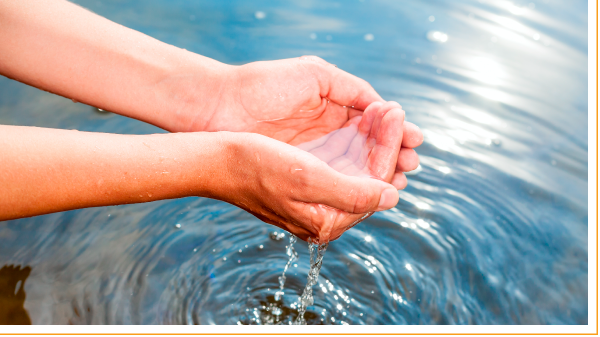Rabbi Ariel J Friedlander | Or ‘Ammim, Emilia-Romagna, Italy
 The parasha of Tazria-Metzora has generally been disliked by B’nei Mitzvah and drash-writers for its difficult subject matter that seems far away from contemporary life. However, this is now the second time that we have read the portion in the context of our own world-wide illness, and with regard to how communities are trying to control the spread of Covid-19. It no longer seems so strange and incomprehensible for us to have to make vital decisions, and this dread portion now describes situations and possible responses that are all too real in 2021.
The parasha of Tazria-Metzora has generally been disliked by B’nei Mitzvah and drash-writers for its difficult subject matter that seems far away from contemporary life. However, this is now the second time that we have read the portion in the context of our own world-wide illness, and with regard to how communities are trying to control the spread of Covid-19. It no longer seems so strange and incomprehensible for us to have to make vital decisions, and this dread portion now describes situations and possible responses that are all too real in 2021.
The Torah speaks of isolation and quarantine, words that pepper the daily news bulletins every day in every language. As Rabbi Offenberg wrote last year of the change in our reading of Tazria-Metzora, we are no longer so repelled by the exclusion of the leper, and the harshness of the conditions imposed on them. We have greater experience of the sadness and loneliness of those who are sick, but we also “identify with the other perspective, with the examining priest and the need of society to protect itself.”[1] Rabbi Offenberg reminded us of the importance of pikuach nefesh, of putting first the preservation of life, and that this is as holy as our words of prayer. And, month after month after month, we have put aside our personal need for the physical presence of loved ones and friends in order to protect those who are vulnerable, and prevent further infection. For Shabbat after Shabbat after Shabbat we have not prayed together in our sanctuaries, we have not sung together, and we have not shared an oneg. We have followed the guidelines and the rules, with the hope that this holy work can cleanse the community from sickness. We have done our best.
There are many verses in our portion that speak of cleansing: “the one to be cleansed shall wash their clothes … and bathe in water; then they shall be clean … on the seventh day they shall wash their clothes and bathe their body in water; then they shall be clean.”[2] The power of water to refresh and renew is clear, as we have remembered through our increased attention to washing and disinfecting our hands. However, as we count to twenty and scrub all the crevices, it is time to consider that this is not just about washing away the past, but we are also preparing for the future.
Here in Italy, my city returned to an “Orange Zone” status after several weeks back in official total lockdown. Spectators were on the 18th green this weekend to celebrate the first Japanese winner of the Masters in Augusta[3]. Facebook was awash yesterday with photographs of my English friends drinking beer in pub gardens. There is a light at the end of the tunnel for many of us, and we cannot wait to return to … something (who knows how it might be) … we cannot wait to leave the experience of the past year.
Tazria-Metzora teaches us the power of water to cleanse, and we have certainly learned that lesson. Now it is time to prepare ourselves for what will happen next, and perhaps a water ritual could be part of this process.
I was taught by Rabbi Elyse Goldstein that the flowing water of the mikvah takes what was from our bodies and souls, carrying it away. As we enter that flow, and let go of the past, the water also brings new experiences and feelings and thoughts. Might a visit to a mikvah, or a nearby river, or the sea become a ritual that has a part to play in the healing to which we look forward? I hope so.
[1] Rabbi Dr Ulrike Offenberg, WUPJ Drash 19.04.20
[2] Leviticus 14:8-9, also 14:47 for example.
[3] Hideki Matsuyama
The views and opinions expressed in this article are those of the author(s) and do not necessarily reflect the official policy or position of the World Union for Progressive Judaism (WUPJ).
